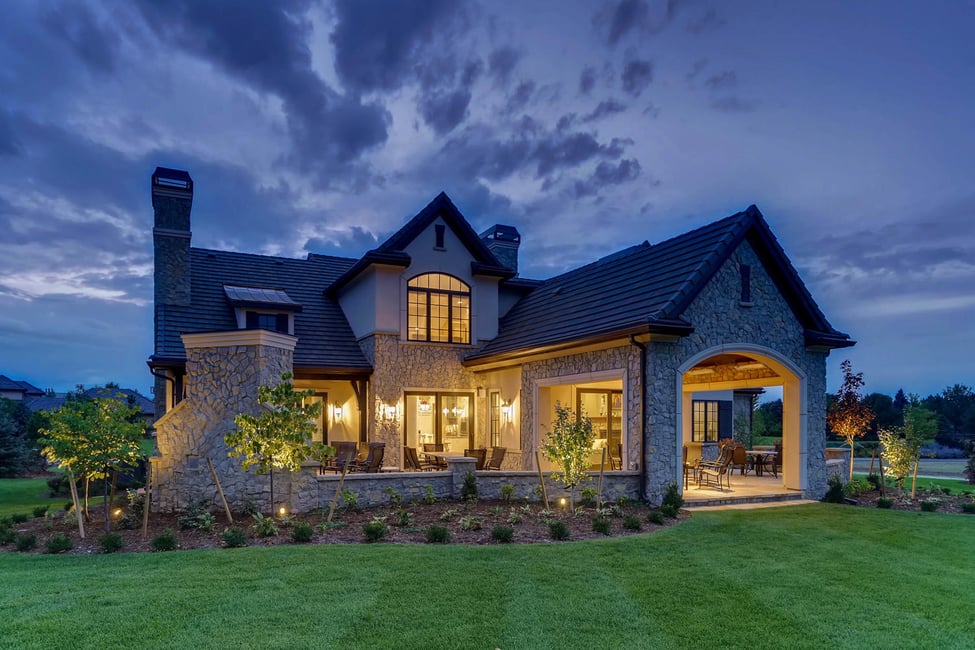Building a house is a substantial financial commitment, with costs varying widely across Canadian markets. In some areas, the cost can exceed $1,000 per square foot, while in others, it may be significantly lower. Beyond the financial aspect, the duration of the homebuilding process has become a growing concern, with delays increasingly common due to a range of factors including labor shortages, supply chain disruptions, and overall high costs. These delays are particularly troubling in light of the urgent need for new homes to address housing affordability issues.
The construction timeline of a house is influenced by numerous factors. The process begins with land acquisition, followed by design and planning phases. Once these are complete, site preparation and foundation work commence. Several variables affect the timeline, including the size and complexity of the house, the materials used, construction methods, and local permit requirements. Additionally, weather conditions and the availability of labor and resources play crucial roles. On average, constructing a two-story home can take anywhere from several months to over a year.
Initial stages of homebuilding involve designing the house and obtaining necessary permits. This can take between one and two months for design and up to three months for permit approval. Construction starts after the local authorities grant approval, with site preparation typically requiring around two weeks, and foundation work taking about a month. The framing of the house usually spans one to two months, followed by plumbing and electrical installations, which can take an additional two months. The finishing touches on both the interior and exterior of the house generally require two to three months. Final inspections and any adjustments can add another two weeks to the timeline.
In contrast, prefabricated homes, which use pre-built sections, can be completed more swiftly, often within four to six months. Weather conditions also play a significant role in the construction timeline. Building during favorable seasons like spring and summer is ideal, while winter weather can cause significant delays. Construction may halt due to snowstorms or heavy rain, so it's wise to account for potential weather-related delays in the overall timeline.
To expedite the homebuilding process, effective planning and hiring experienced professionals are essential. Custom-designed homes with unique features require more time compared to standardized designs. Working with skilled builders and other industry professionals ensures that the project progresses smoothly and within a reasonable timeframe. These experts are adept at handling permits, inspections, and supplier management, reducing the risk of delays. Having a contingency plan to address unforeseen circumstances, such as unexpected weather or material shortages, can further help in maintaining the construction schedule.
Building a house is a complex process involving careful planning and management. While timelines can vary based on multiple factors, working with experienced professionals and preparing for potential delays can help ensure a more efficient and timely construction.

